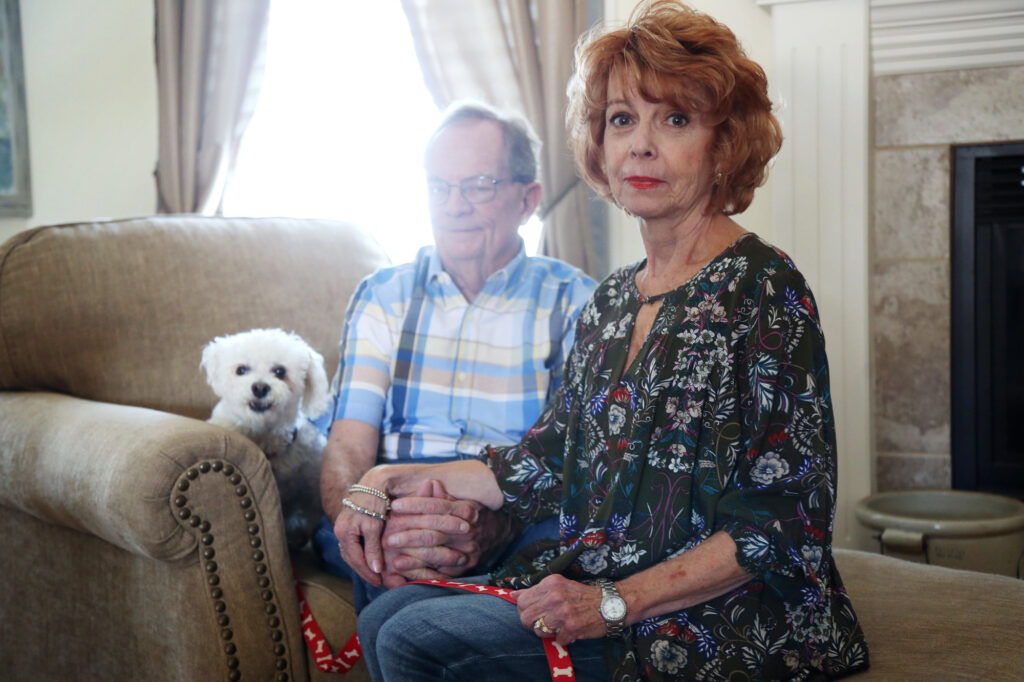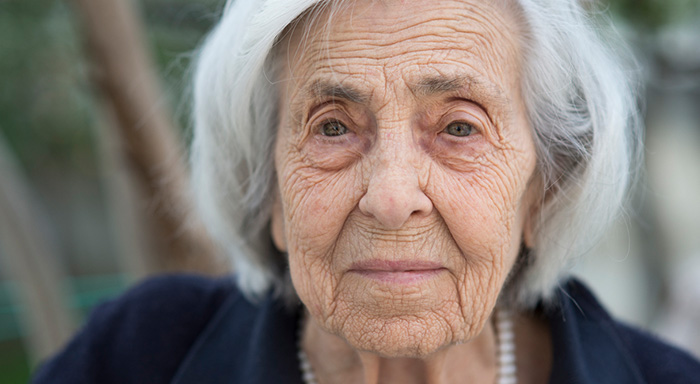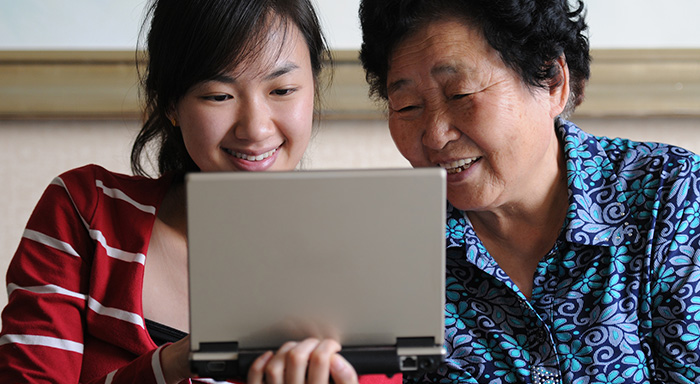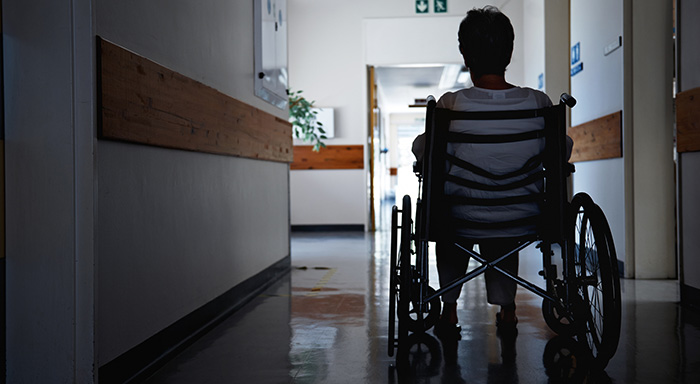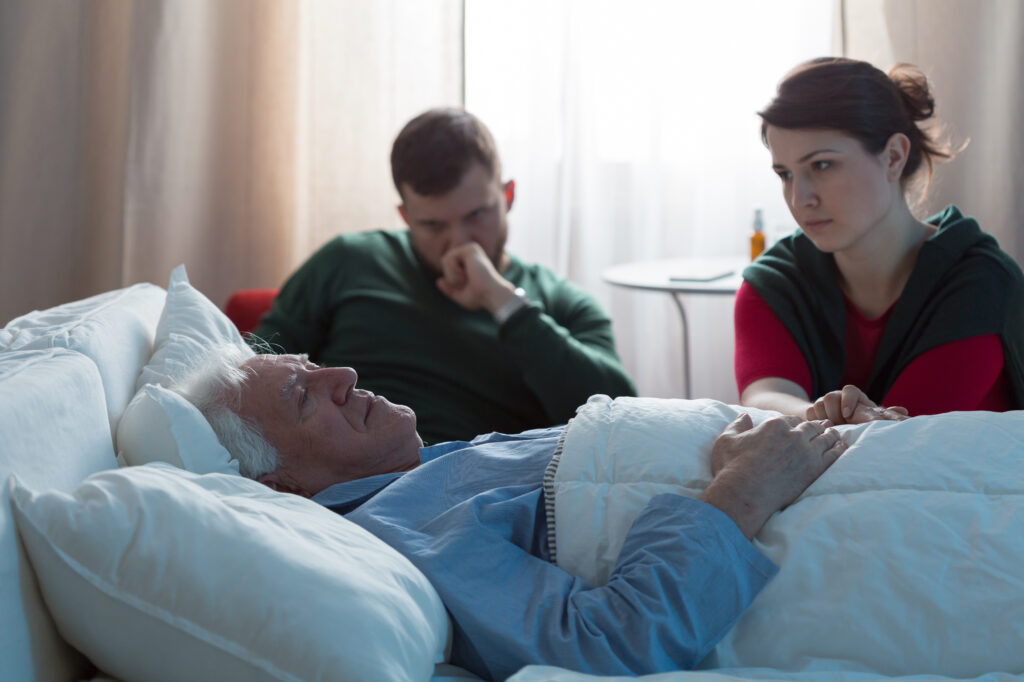Wondering how you can help your community be connected? Check these resources to see what other researchers are studying and writing.
We know something about how to help caregivers feel less alone. Researchers have shown that even modest-sounding interventions can reduce their sense of isolation and improve their mental and physical health.
Who are the victims of elder abuse? The disabled, cognitively impaired and poor.
On June 15, the United Nations observes the less publicized World Elder Abuse Awareness Day, focusing attention on the hidden tragedy of abuse, neglect and exploitation of elderly people throughout the world.
It is estimated that there are approximately 2.7 million LGBT adults aged 50 and older in the United States, 1.1 million of whom are 65 and older. Understanding Issues Facing LGBT Older Adults provides an overview of their unique needs and experiences so that service providers, advocates, the aging network, and policymakers can consider these factors when serving this population or passing laws that impact older adults and the LGBT community.
Understanding why loneliness exists can help ease it, say scientists
New research that examines the vicious circle of social isolation also points to the evolutionary origins of loneliness, and a way for people to escape it.
In a society that prizes independence, questioning someone’s self-sufficiency may seem like an unforgivable intrusion on personal freedom. But juxtapose an aging population with cuts to social services and a rise in elder abuse, including fraud, and a different, more complex picture emerges.
Social Isolation, Loneliness, and All-Cause Mortality in Older Men and Women
Both social isolation and loneliness are associated with increased mortality, but it is uncertain whether their effects are independent or whether loneliness represents the emotional pathway through which social isolation impairs health.



